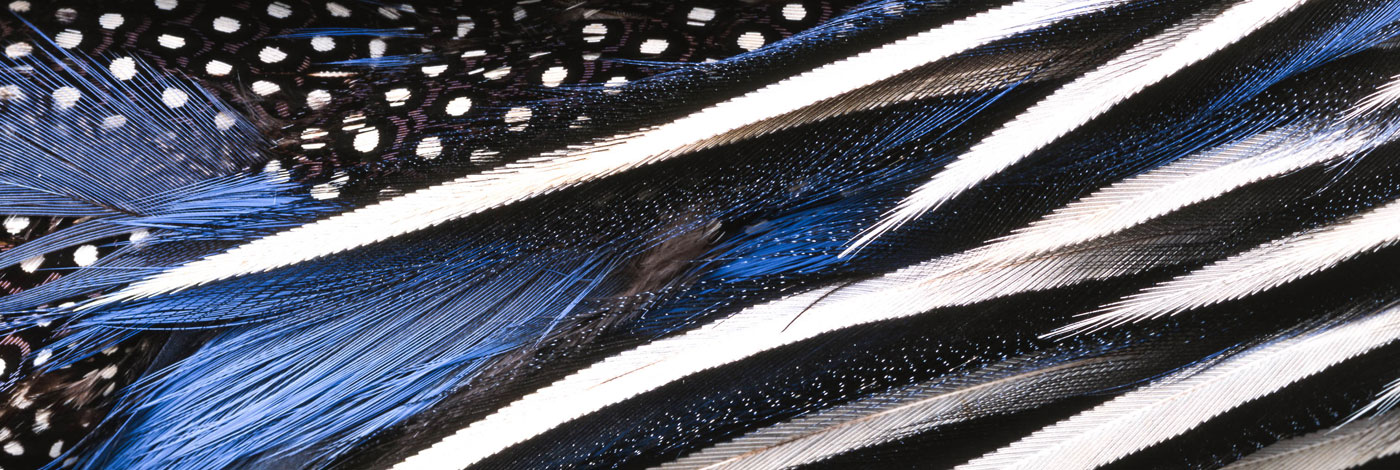
 Zoosystema
32 (3) - Pages 393-407
Zoosystema
32 (3) - Pages 393-407The cyclopoid copepod fauna of freshwater systems of the Mexican state of Veracruz, on the Gulf coast of Mexico, was completely unknown. During routine surveillance for larval mosquitoes, several types of aquatic habitats, including ephemeral ponds, springs, and bromeliads, were sampled and cyclopoid copepods were taxonomically studied. Five species were identified, among them a new species of the cyclopine genus Allocyclops Kiefer, 1932. This species, collected from the bromeliad Tillandsia heterophylla Morren, 1873, resembles A. excellens Kiefer, 1956, A. consensus Karanovic, 2003, and A. silvaticus Rocha & Björnberg, 1988, but it can be easily distinguished by its strong, ornamented anal operculum and the shape of the genital double somite, among other characters. The new species is tentatively assigned to the subgenus Psammocyclops sensu Karanovic by having an exopodal seta on the antenna, but it is clear that the subgeneric limits should be revised with a complete set of characters. The genus has not been hitherto found from bromeliads. This is also the first record of Allocyclops in continental North America and the first records of freshwater cyclopoid copepods from this part of Mexico.
Crustacea, Copepoda, microcrustaceans, Bromeliaceae, freshwater, Mexico, new species.